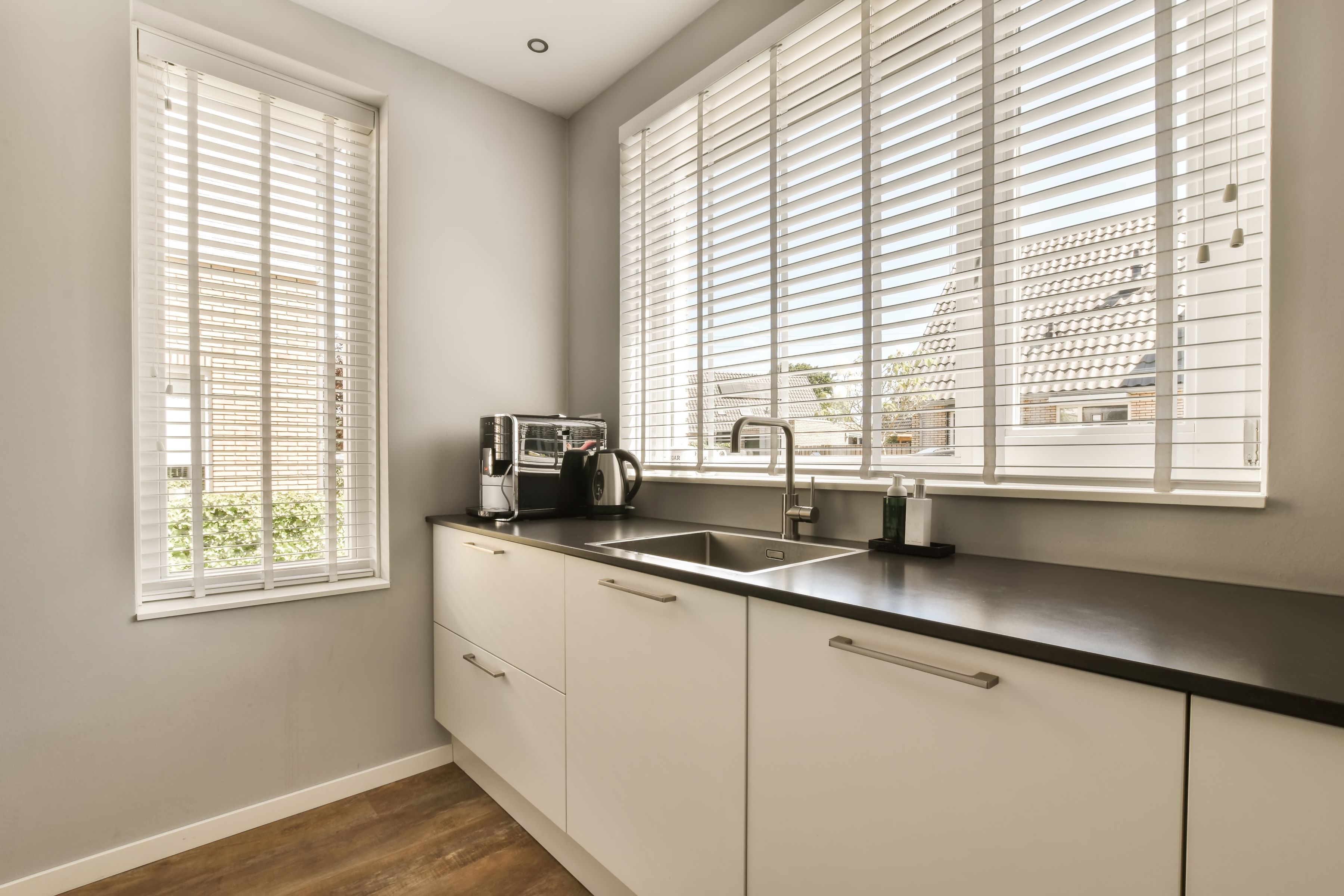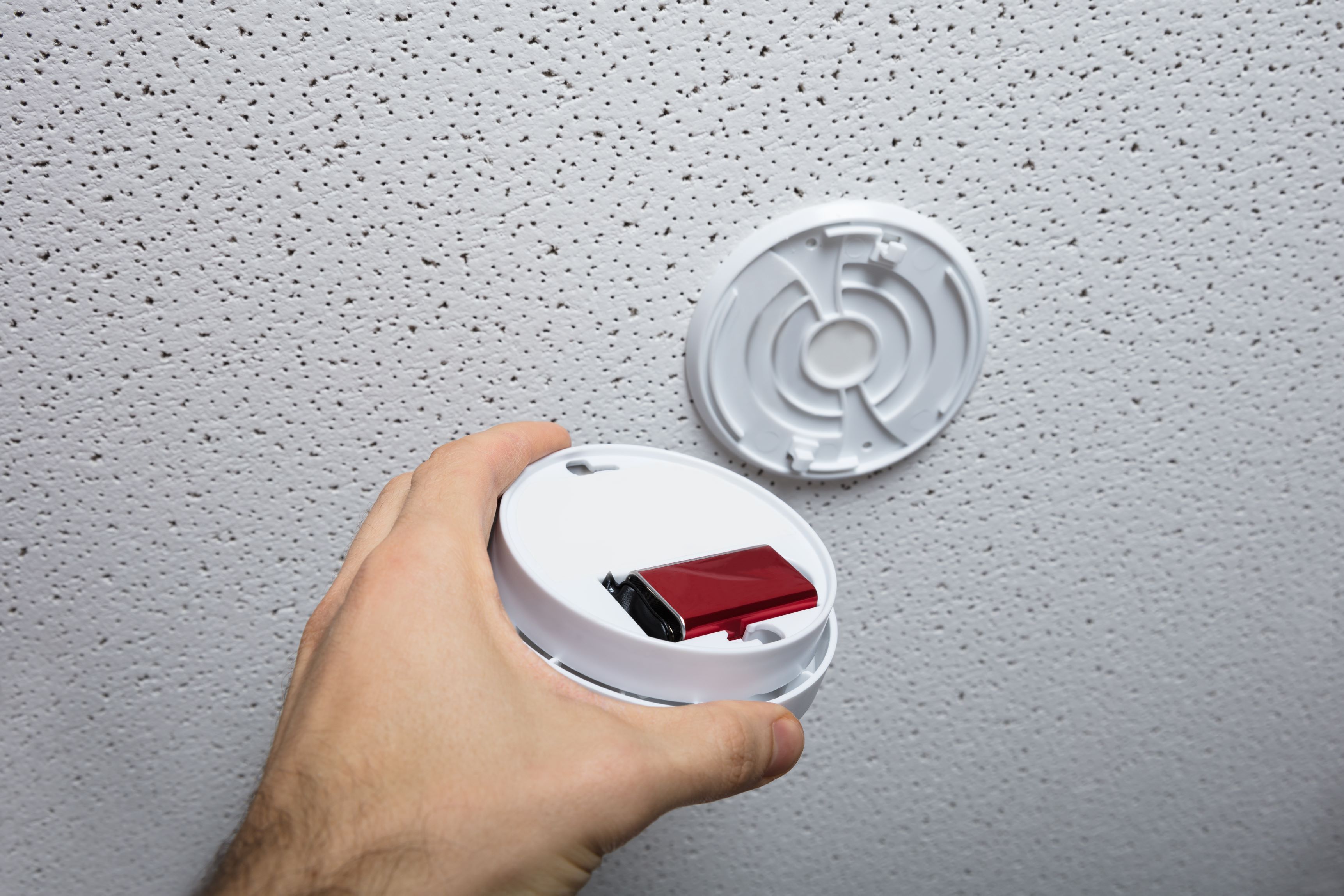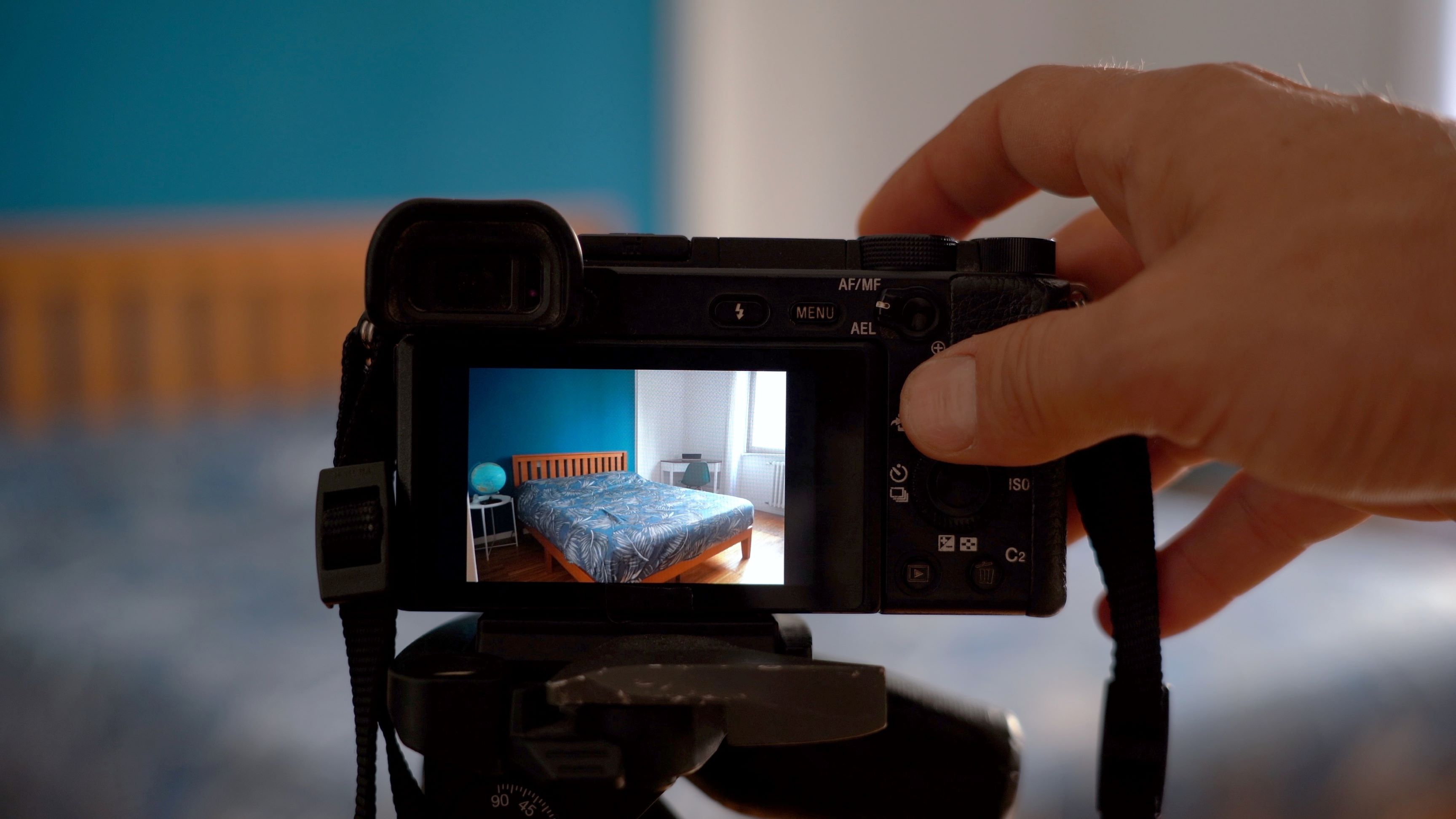"Why do I have to pay for those repairs when the resident moves out?” “Why aren’t they responsible for those repairs?”
These questions are ones that we are asked daily by current landlords. And to be honest, it really boils down to what the courts or even the judge on that given day will allow.
As a management company, we are often caught between the landlord and the resident. Both parties feel they deserve the security deposit on damages, painting, and cleaning. Sometimes a compromise can’t be reached, leading all parties into court before the judge, and then we are at the mercy of the judge’s decision which usually favors the resident.
Our job as a management company is to keep you abreast of the changing laws about rental properties. Also, to share with you what we see when it comes to small claims court. What we see these days is that Judges are not tolerating “nickel and diming” residents. Meaning they are cracking down on the “smaller items” such as batteries in smoke detectors, light bulbs, cleaning, painting, etc.
As the Law Reads
The categories listed below fall under the Tenant Landlord Law, and while there are some “gotcha’s” when it comes to each category, for the most part, the court is clear about who pays for what.
- Carpet has a lifespan of 10 years and can be prorated if a resident destroys the carpet before the lifespan is over.
- Paint has a lifespan of 2 years.
- Blinds have a lifespan of 4 years.
- AC Filters, Smoke Detector Batteries, Lightbulbs, and the like fall under the category of “doing business.”
And then, there is the normal wear and tear category, which is very hard to determine.
Let’s break these categories down a bit and look a bit deeper.

Carpet
The average lifespan of carpet is ten years and can vary depending on the quality of carpet used in the home. If you replaced the carpet when the resident moved in and lived in your home for five years, the carpet needs to be replaced when they move out. You will be responsible for 50% of the carpet, and the resident is responsible for the other 50%.
Paint
The lifespan of paint is two years. I know it doesn’t seem like that long. Most courts would take this approach if a room or the entire interior was completely painted before your resident moves in. If the resident lived their 1yr or less, then if you have to repaint resident owes 100% of the cost. Suppose it’s between 1-2 years 50%. After two years, you are responsible for any painting that is needed.
We recommend painting with good quality paint, like Vista or Sherwin Williams, and using a water-based semi-gloss so that any scuff marks can be wiped off easily.
If a resident paints the walls a custom color and fails to return them to the correct color before moving out, the resident is responsible for at least one if not two coats of paint (depending on the color), even if they lived in the home for more than two years.
If a resident patches a hole where they had their TV, you can charge them for patching, sanding, and texturing the patch before and after two years. But not painting the patch if it’s after two years, as the courts would say you would have had to paint anyway.
We also recommend that you paint like-for-like, meaning don’t paint with flat paint on top of semi-gloss. That flat paint will stick out like a sore thumb, especially if you are just spot painting.

Blinds
Believe it or not, blinds have a lifespan as well, and they can vary slightly depending on the type and quality of the blinds. Another factor is sun damage. Blinds exposed to the hot sun day after day will break down sooner than those that are shaded for some or all day. The average lifespan for blinds is four years. Like the previous two categories, there is a proration to be done based on use and abuse. For example, blinds damaged by “reaching through” the blinds will be responsible to the resident. However, if the blinds are older than four years old, the judge will say, owner responsibility.

Misc. Items or Smaller Items
As mentioned at the beginning of the article, the courts are cracking down on smaller items, such as light bulbs and smoke detector batteries. When we first started in property management, residents would be responsible for ensuring all light bulbs were working when they moved out or that the smoke detector batteries were working. Now Judges say, “how do you know the bulb didn’t burn out when you flipped the switch on” or the “battery didn’t just die.” In reality, we can’t prove that the resident didn’t change the battery before moving out or that the bulb didn’t just burn out. Therefore, as an investor, it comes down to the cost of doing business.

Abuse and Damage
There are instances where the resident damages the property. Their dog digs a hole in the backyard or chews the sprinkler line. Holes in the window screens that were replaced before they moved in, screens are missing from the windows, smoke detectors missing, all fall under resident damage. These scenarios are the responsibility of the resident and will come out of their security deposit.
While it may not seem “fair” for the landlords to cover some of these repairs, it comes down to how the courts are ruling these days. We take a video of every room with audio narration, and we have done this since 1992, some 29 years ago, to make the best possible assessment. This is why it is essential to consistently raise the rent moderately so you have money to pay for these repairs and improvements as long as the market will bear the increase. A $50 a month increase each year in 6 years puts over $12,600 in your pocket. So, when it’s time for lease renewals, we encourage Landlords to go with our suggestion of a slight increase.
So, how to make sure you will have the money when you need it for repairs?
I’ve written about this in other articles. Still, it’s worth mentioning again to set up a separate checking investment account, so when rents increase, one doesn’t squander the money away innocently. Still, nevertheless, it will be gone if you allow your monthly rent to be deposited in your checking account. So open up a new checking account and call it investment checking this way as that $12,600 I spoke about will be there when you need it.






.png)




 Resize.jpg)












